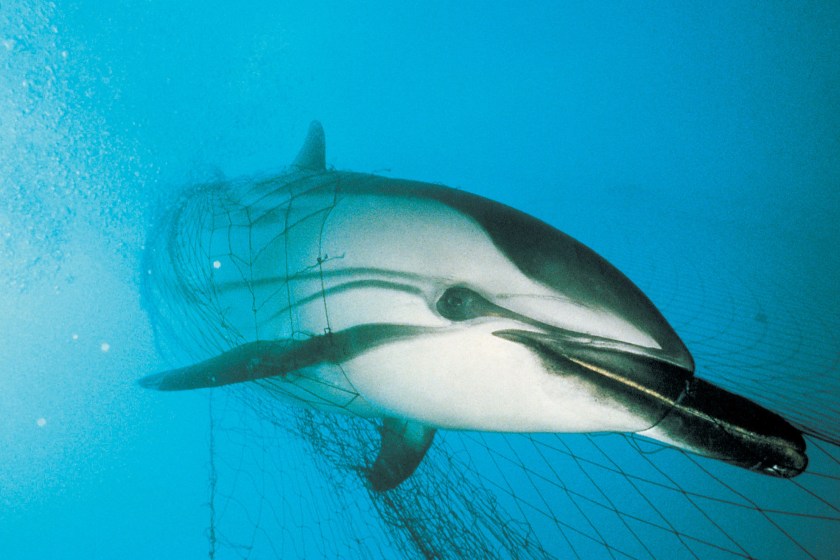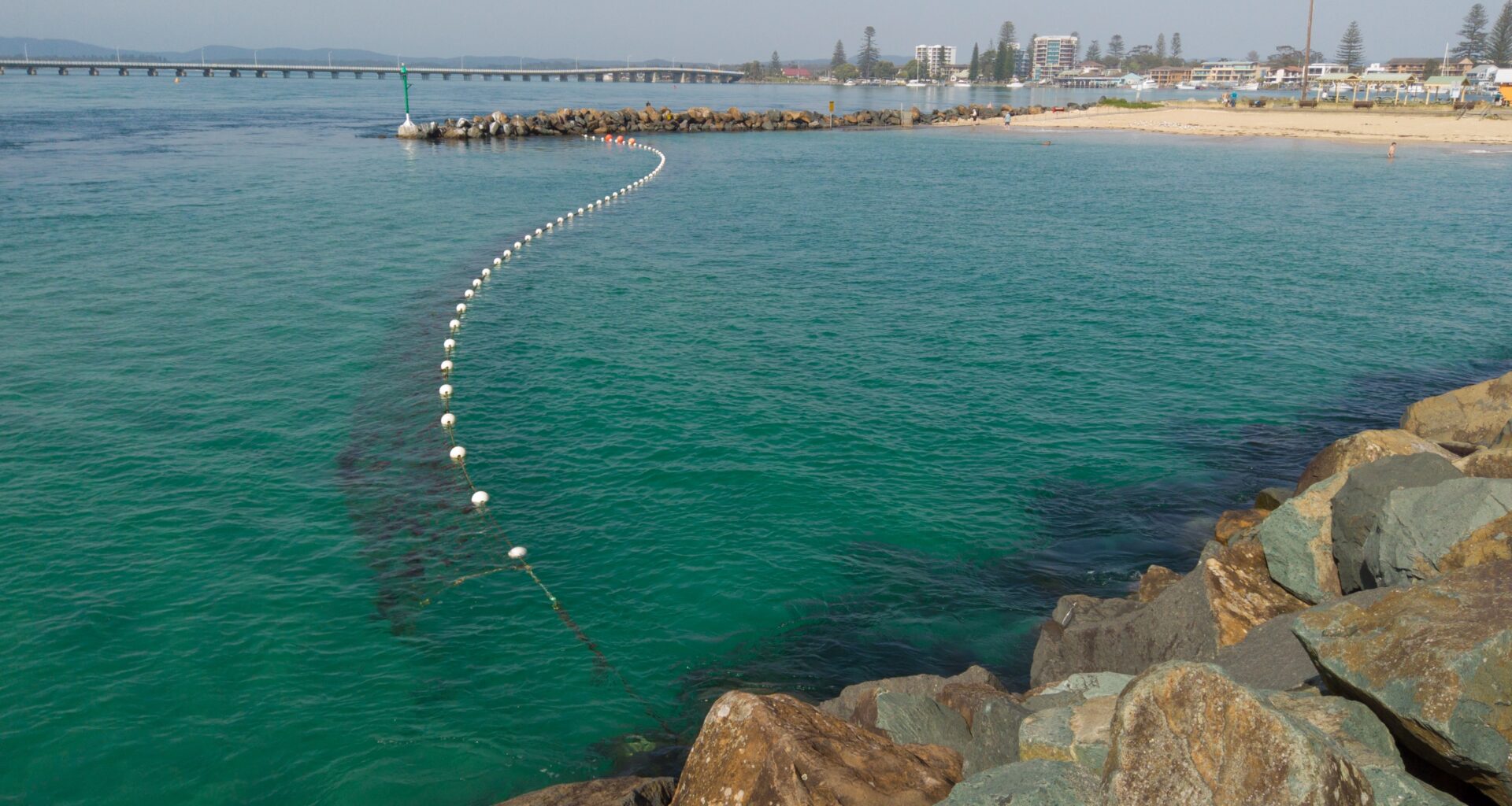For many swimmers, the biggest fear of venturing into the ocean is encountering a shark. This fear was only fueled by Hollywood blockbusters like Jaws. At several beaches, shark nets are deployed in an attempt to mitigate shark attacks. While these nets bring many people peace of mind, others question whether they truly work. Let’s dig into the details about shark nets and their effectiveness.
The Truth About Shark Nets And Their Effectiveness

Image via Shutterstock
The Guardian shares that the recent death of a surfer on one of Sydney’s northern beaches “has reopened the debate about the use of shark nets at Australian beaches.” Mercury Psillakis was surfing at Long Reef this past Saturday when he was attacked. Ironically, this attack occurred just one week after the “annual installation of shark nets across the NSW coast.” While a trial was in place to remove the nets from some of the beaches, his death halted that progress. However, the net was in place, and this surfer was still attacked. Thus raising questions about the effectiveness of the shark nets.
How Do Shark Nets Work?
Before determining if they are effective, it is imperative to understand the function of a shark net. Contrary to popular belief, shark nets do not enclose an entire beach. Therefore, a shark can get around a shark net and access the waters where beachgoers are swimming. The Guardian shares that the average shark net is typically “100 to 150 meters long, and typically placed about 500 meters from the shore.” The nets are then anchored to the ocean floor so that they do not drift away with the tide. Additionally, these nets are often about six meters in height and reside around four meters below the water’s surface.”
All of that to say that there are gaps above, beneath, and around the net. All of which are places that sharks can choose to swim through. Furthermore, The Guardian shares that about “40% of sharks ensnared have approached from the beachside.” Thus, it means that while they are capable of catching sharks, they do not necessarily reduce shark attacks. Robert Harcourt, emeritus professor of marine ecology at Macquarie University, spoke with the outlet. He argued that the nets are basically just a form of fishing. Additionally, he argued that “they aim to catch at least some of the local shark population swimming through the area, in theory leading to a reduction of the risk of shark attacks.” Clearly, it was never intended to be a foolproof plan, but rather a chance to lessen the shark population in the swimming areas.
Furthermore, he notes that the shark nets are designed to target sharks of a specific size. Specifically, the sharks most often associated with shark attacks, such as the white, bull, and tiger sharks.
So, What Is The Effectiveness Of These Shark Nets?

Getty image by Stockbyte
While the idea of the shark net is good in principle, is it actually effective? This is a question that has caused debate for some time. The Guardian shares that “Dr Leonardo Guida, an Australian Marine Conservation Society shark scientist and campaigner, likens a shark net to trying to stop flies with ‘a screen door with mesh as wide as your thumb’.” Although there is a chance that these nets may slightly reduce the chances of a shark attack by snagging a shark on its way to the beach, there is also evidence of the contrary.
While shark nets are intended to ensnare sharks, they also catch various other marine life, such as dolphins or turtles. Some experts believe that these animals that get injured in the net and thrash about actually draw more sharks towards the location, having the opposite of the intended effect. Furthermore, Harcourt argues that because shark attacks are so rare, it is difficult to ascertain whether or not shark nets make a difference. Finally, some are less concerned about the shark nets’ effectiveness at keeping sharks out than about the impact the nets have on the marine animals.
Particular species, like the great white, which are targeted by these nets, are endangered. Therefore, some shark experts worry that these nets could increase their mortality rate. So all in all, it would appear as if these shark nets are more for peace of mind than an actual successful tool at mitigating shark attacks. Once again, Mother Nature seems to outsmart mankind.

